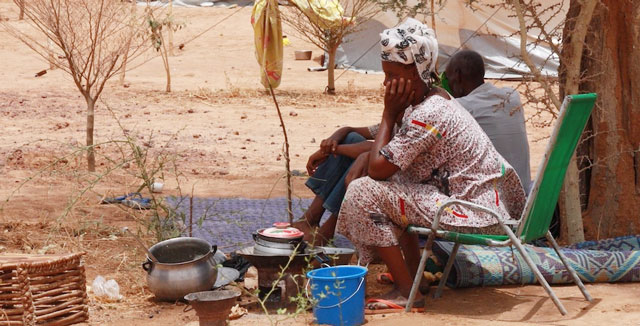
ANALYSIS: Despite gains, Somalia isn’t filling the governance vacuum in regions recovered from al-Shabaab
Addia Ababa, Ethiopia| BY PSC REPORT | ISS TODAY| Now more than ever, Africa needs the help of the African Union (AU) and its partners in tackling security threats and other ongoing crises – particularly in the Sahel region and the Horn of Africa.
It’s these and other issues that are going to keep Africa’s leaders busy at the 29th AU summit in Addis Ababa from 27 June to 4 July, and more specifically the AU Assembly meeting of heads of state on 3 and 4 July.
Despite some progress since the last summit in January, AU operations have been affected by funding cuts from international partners such as the European Union (EU) and United States (US) – especially in Mali, Somalia and in the fight against the Lord’s Resistance Army.
The AU had been talking about establishing an African force to combat the terror threats in Mali and the Sahel region as a whole. But the AU’s reluctance to create the mission led the concerned G5 Sahel members (Mali, Mauritania, Burkina Faso, Chad and Niger) to establish a 5 000-strong joint force in the region in February this year.
This is similar to the Multinational Joint Task Force (MNJTF) formed by the Lake Chad Basin Commission and Benin to fight Boko Haram in the region.
For the foreseeable future, the AU will continue to rely on regional coalitions to address terror threats in Africa while it provides legitimacy and support. The AU can complement these military initiatives by urging all its member states to focus on the many longer-term governance and human rights issues that drive people to join such movements.
Martin Ewi, senior researcher at the ISS, urges the AU’s Peace and Security Council (PSC) to ‘speedily operationalise the African list of terrorist individuals and organisations as provided in the 2002 Plan of Action on the Prevention and Combating of Terrorism in Africa’. This list should proscribe terror groups in the region and call on every country on the continent and beyond to cooperate in denying territorial space, financial and other vital resources that sustain the groups, he says.
The African Union and its partners are a vital part in combating the continent’s crises. #29thAUSummit ISS Today https://t.co/jix7QDzKR4 pic.twitter.com/nFYMYtbtAp
— ISS (@issafrica) June 26, 2017
 The Independent Uganda: You get the Truth we Pay the Price
The Independent Uganda: You get the Truth we Pay the Price



